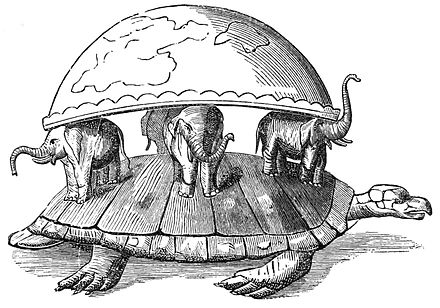Bill Gates says we should tax the robot which will steal your job
Bill Gates has floated the idea of taxing robots which replace human workers. He said it in an interview (here) with Quartz, a media outlet owned by The Atlantic, and staffed by journalists from The Economist, the New York Times and other publications that Dirty Donald would label as fake news. They made a nice short video (here) to promote the piece, with Gates giggling at the end about the idea of paying more taxes. It’s a neat idea, and has got a lot of people online very excited. It could help to pay for Universal Basic Income, which is...




